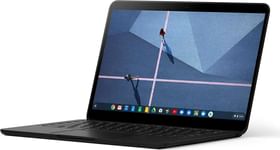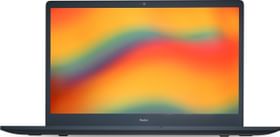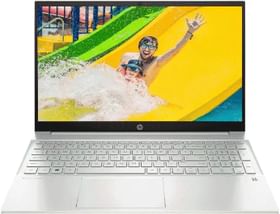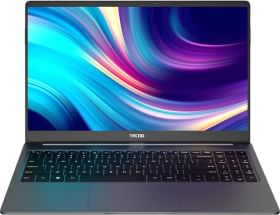Google is known to lead the way of innovation in the fields of online advertising, cloud computing, hardware, and software technologies. Lately, it has been known to be coming up with its own Tensor SoC for its Pixel line of phones. And now, a new report from Nikkei Asia states that the company is all set to roll out its own chip for Chromebooks and tablets by 2023.
About the Chip

Currently Google uses chips made by Intel and AMD for its Chromebooks. However, Google’s new chips are expected to be based on British chip designer ARM, much like “Tensor” in mobile phones as well as MediaTek and Snapdragon chips that are showing up in other Chromebooks. For the unversed, ARM is the SoftBank-owned chip designer whose chips power 90% of the world’s smartphones.
ALSO READ: The world’s most economical electric car is on sale in China
Anyhoo, in-house chip development is being considered as a crucial component for Google to remain competitive in the computing space.
Why its own Chip?

The report by Nikkei Asia states that Google’s focus on having its own chips has come up as its global rivals like Amazon, Facebook and Microsoft are all making efforts towards building their cloud services and electronic products. A major inspiration has been played by Apple as it has successfully built its own key semiconductor components for iPhones.
ALSO READ: Samsung unveils 200MP Camera Sensor for phones: Know the details
What Experts say?
Experts claim that Google’s move to manufacture its own chips is a logical move but now without fierce challenges. Although using one’s own chips means better software and hardware integration but building chips requires massive investment and long-term commitments which also include fighting for production capacity.
How will it affect us?
While the self-manufactured chips can allow Google to become an even bigger competitor in the market, this can impact consumers in a variety of ways. It would allow Google to control the end-to-end development of its hardware devices like Chromebooks, Pixel phones, and tablets. This further allows it to cut back on costs and potentially pass on those savings to us.
So, what do you feel about Google making inroads into custom SoC development?






























